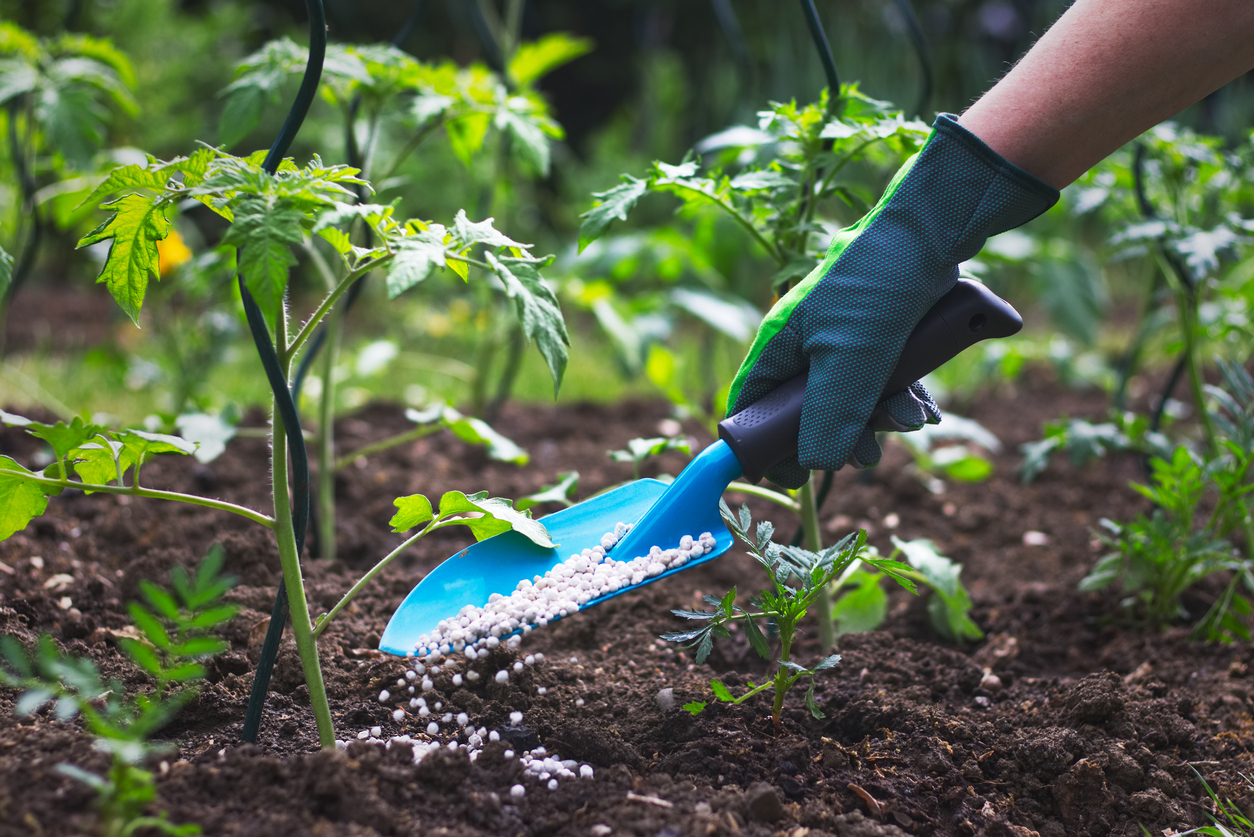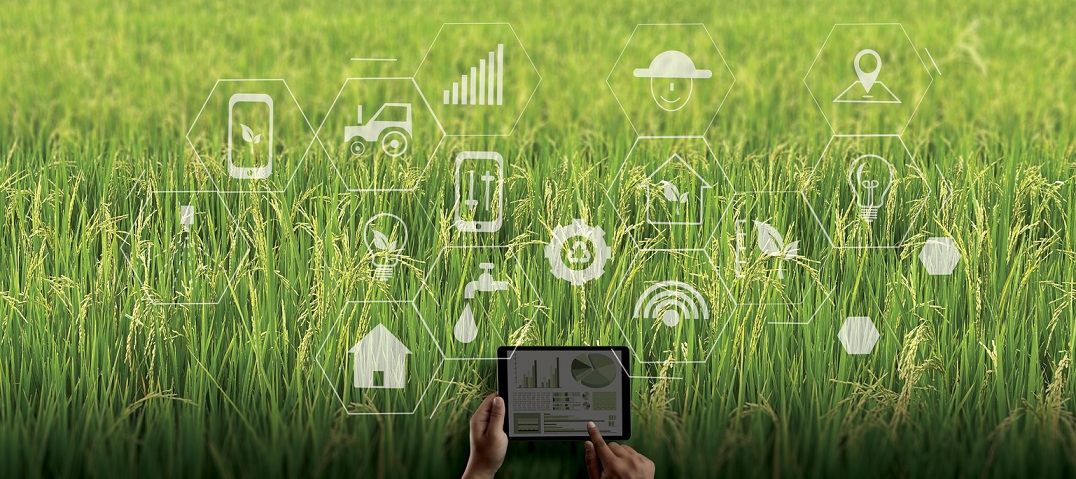Emergence of Sustainability Driven Innovations in Fertilizers
Innovations in fertilizers, the lifeblood of global agriculture, have long been instrumental in meeting the demands of an ever-expanding global population. However, the prevalent practices surrounding their usage have raised significant concerns about their environmental impact and long-term sustainability. With the pressing need for eco-conscious agricultural solutions, the fertilizer industry is transforming towards sustainability-driven innovations. This article delves into the realm of these emerging technologies, exploring their potential to revolutionize farming practices while mitigating the ecological footprint of conventional fertilizers. We aim to illuminate the path towards a greener and more efficient agricultural future by spotlighting the latest developments in sustainable fertilizer solutions.
Innovations in Fertilizers: Approaches to Sustainability
The recent trends indicate the following approaches toward sustainability
- Bio-based Fertilizers
- Precision Nutrient Management
- Slow-Release Fertilizers
- Microbial and Biobiotechnological Solutions
- Nutrient Recovery Technologies
Bio-Based Fertilizers: Cultivating Organic Solutions
Amidst the burgeoning need for innovations in fertilizers and sustainable agricultural practices, bio-based fertilizers have emerged as a promising organic alternative to their conventional counterparts. Derived from various organic sources such as animal manure, crop residues, and compost, these fertilizers embody circular economy principles and environmental stewardship. The application of bio-based fertilizers has demonstrated a notable reduction in the release of greenhouse gases, contributing to the mitigation of climate change. With their inherent capacity to improve carbon sequestration and minimize nitrogen leaching, these fertilizers stand as a testament to the potential of sustainable agriculture in combating environmental degradation while ensuring productive and resilient farming systems.
Recent developments in bio-based fertilizers have displayed the industry’s commitment to sustainable agricultural practices. Novozymes’ BioAg Alliance has led the way in developing innovative bio-based fertilizers derived from natural microorganisms, enhancing nutrient absorption and promoting sustainable crop growth. BioWorks’ RootShield Plus, functioning as both a bio-fungicide and a bio-based fertilizer, has proven effective in improving plant growth and protecting against soil-borne pathogens, contributing to resilient agricultural ecosystems. Additionally, Marrone Bio Innovations’ Regalia, derived from plant extracts, has exhibited promise in enhancing crop immunity and resilience to environmental stressors, highlighting the industry’s dedication to sustainable and eco-friendly agricultural solutions.
Innovations in Fertilizers: Precision Nutrient Management
Precision nutrient management has emerged as a key strategy for optimizing fertilizer application in the pursuit of sustainable and resource-efficient agricultural practices. Leveraging cutting-edge technologies such as global positioning systems (GPS), remote sensing, and data analytics. This approach enables farmers to tailor their nutrient applications according to the specific requirements of individual crop zones. Farmers can make informed decisions regarding the precise timing, placement, and dosage of fertilizers by utilizing real-time data on soil nutrient levels, moisture content, and crop health. This targeted approach minimizes the risk of over-application, reduces nutrient runoff and environmental contamination, and maximizes resource utilization, thereby enhancing cost-effectiveness and agricultural productivity.
Recent advancements include EnGeniousAg‘s work on developing low-cost plant nitrate sensors that provide instant readouts. These sensors are designed to assist farmers in enhancing crop productivity, improving profitability, and reducing nitrogen runoff. Croptix aims to revolutionize plant nutrition monitoring by leveraging patented sensor technology and cloud-based analytics, making real-time data accessible to every agronomist and grower.
Samli Drones, a Chinese startup established in 2021, specializes in producing and developing agricultural drones. These drones serve various agricultural purposes, including mapping, fertilizer and pesticide spraying, crop monitoring, and professional uses like cinematography and aerial photography. Picketa Systems recently concluded a CAD 1.445M Seed investment round, supporting the expansion of their groundbreaking LENS™ technology for real-time plant tissue analysis. This innovation enables farmers and agronomists to diagnose nutrient concentrations in real-time, aiding in reducing fertilizer usage while optimizing crop production.
Slow-Release Fertilizers: Nurturing Sustainable Growth
In response to the imperative of sustainable agricultural practices, slow-release fertilizers have emerged as a promising solution for optimizing nutrient utilization while minimizing environmental impact. Designed to release nutrients gradually over an extended period, these specialized formulations ensure a steady and controlled supply of essential elements to plants, thereby fostering efficient nutrient absorption and reducing the risk of nutrient leaching.
By minimizing nutrient losses through leaching and volatilization, slow-release fertilizers mitigate the adverse effects of excessive nutrient runoff on water bodies, curbing the potential for eutrophication and safeguarding aquatic ecosystems. This targeted release mechanism not only enhances crop nutrient uptake efficiency but also promotes the conservation of soil fertility and the preservation of long-term agricultural productivity. ICL, a prominent global specialty minerals company, has introduced eqo.x, a revolutionary, rapidly biodegradable release technology for controlled release urea in open-field agriculture.
The Performance Enhanced Delivery developed a biodegradable fertilizer coating made from natural ingredients, deliberately designed to release active materials in a controlled and delayed manner. This Organic-Coating is a specially formulated, bio-based, environmentally friendly, cost-effective alternative to sulfur, plastic, and coated fertilizers. The Sri Lanka Institute of Nanotechnology (SLINTEC) has developed a nano-fertilizer with a 40% nitrogen loading capacity target, which is expected to yield 25-40% nitrogen savings and a 5-15% improvement in crop yield.
Nutrient Recovery Technologies: Reclaiming Resources for Sustainability
In the quest for sustainable agricultural practices, nutrient recovery technologies have emerged as a pivotal solution for reclaiming essential nutrients from various waste streams and agricultural by-products. These innovative technologies facilitate extracting and recycling nutrients, such as nitrogen, phosphorus, and potassium, from organic waste, sewage sludge, and agricultural runoff. Thus mitigating the reliance on finite mineral resources and reducing the environmental burden associated with conventional fertilizer production.
Advanced processes such as struvite precipitation, composting, and anaerobic digestion enable efficient recovery and conversion of organic and inorganic nutrients into bioavailable forms suitable for agricultural applications. Farmers can reduce their dependence on synthetic fertilizers and minimize nutrient losses by harnessing these reclaimed nutrients. They can also enhance the sustainability of their farming practices while promoting circular economy principles and resource conservation.
An example of an innovative nutrient recovery solution is BioNomad™, a modular and scalable waste-to-energy platform. This system generates a renewable fuel (biogas) for onsite heat and energy production and a high-grade organic fertilizer that aids crop growth and soil preservation. Pani Clean, a startup established by a University of Iowa research team, utilizes renewable energy to purify nitrate/nitrite-contaminated water, producing ammonia and nitrogen gas for fertilizer production.
Innovations in Fertilizers: Microbial and Biotechnological Solutions
In pursuing sustainable agricultural practices, microbial and biotechnological solutions have emerged as a transformative approach to enhancing nutrient availability and promoting soil health. Leveraging the power of beneficial microorganisms and biotechnological processes, innovative solutions offer a holistic and eco-friendly approach to improving nutrient uptake and enhancing plant growth, thereby mitigating the environmental impact of conventional fertilizers.
Microbial solutions enhance nutrient mobilization and absorption by harnessing the symbiotic relationships between plants and beneficial microorganisms, such as mycorrhizal fungi and nitrogen-fixing bacteria. These natural biofertilizers promote the efficient utilization of organic and inorganic nutrients in the soil. These solutions facilitate the enhancement of soil structure and fertility. They also contribute to suppressing soil-borne pathogens and mitigating abiotic stresses, fostering resilient and sustainable agricultural ecosystems.
Kula Bio, a startup based in the US, specializes in a unique bio-fertilization solution utilizing active microorganisms and renewable energy. Their innovative reactor technology harnesses solar energy, allowing the microorganisms to produce and fix nitrogen in the soil efficiently. Meanwhile, Canadian startup Fertoz focuses on creating rock phosphate-based fertilizers in various forms, including granular, micronized, and powdered. Notably, Fertoz has recently introduced phosphate biofertilizers coated with live microbes. Additionally, the Spanish startup Ficosterra has developed the Biological Crop Booster (BCB) technology, which leverages the benefits of agarophyte algae and active microbes to enhance or restore natural soil fertility. The BCB technology aims to achieve synergistic effects on soil and water regeneration.
Innovations in Fertilizers: Conclusion
The expanding focus on sustainability-driven innovations in fertilizer technology presents a plethora of lucrative business prospects in the agricultural sector. From developing advanced nutrient delivery systems and sustainable biofertilizers to optimizing fertilizer formulations and integrating nanotechnology, entrepreneurs can contribute to more efficient and eco-friendly agricultural practices. Nanotechnology in smart fertilizers is one of the innovations in the sector which the world is looking into. Additionally, investments in nutrient recovery and upcycling technologies and the provision of digital farming solutions and sustainable packaging alternatives can further enhance market competitiveness and environmental stewardship. Moreover, by embracing these emerging opportunities, businesses can foster agricultural productivity. They can contribute significantly to the global movement toward sustainable and environmentally responsible food production systems.


